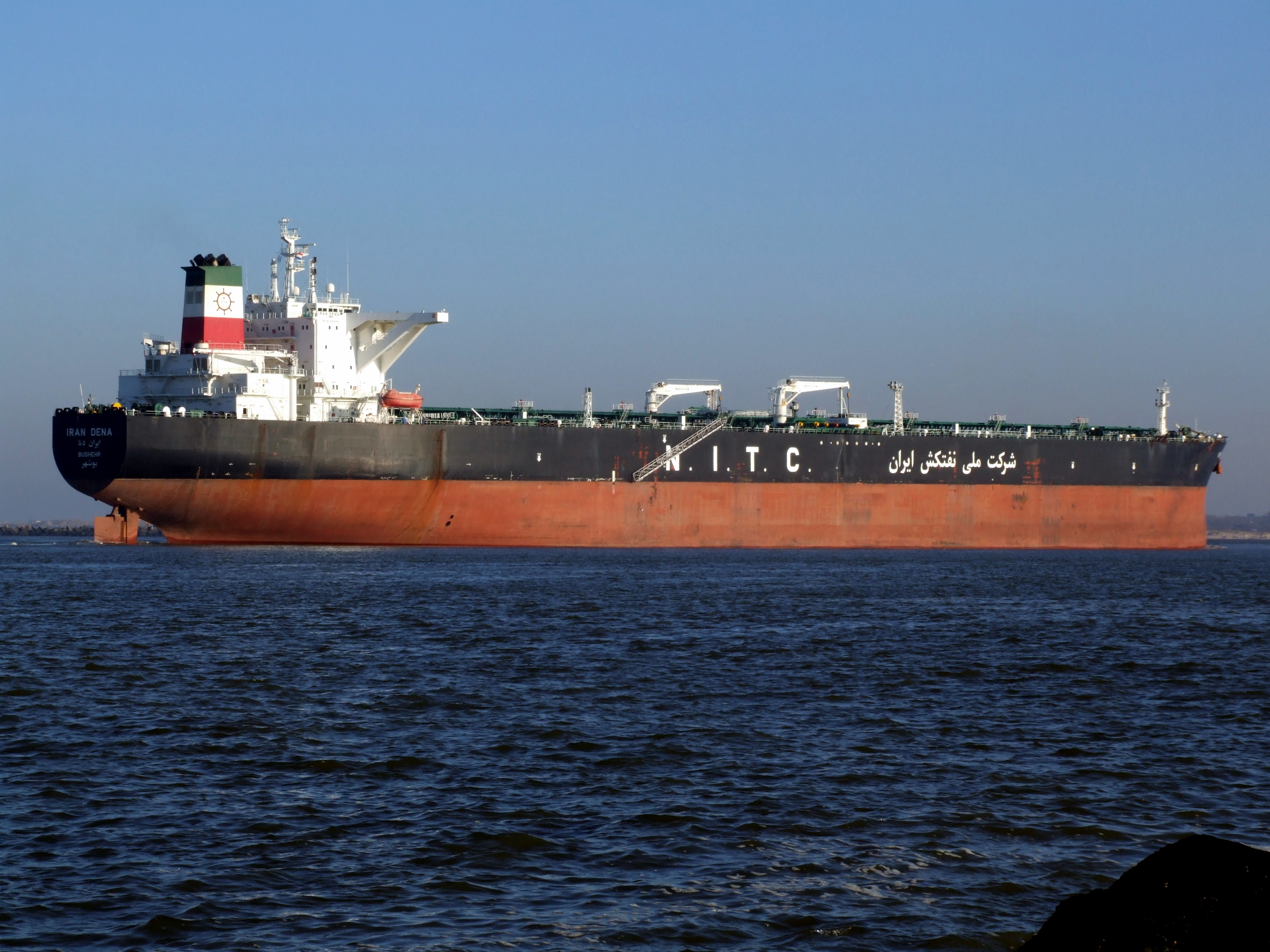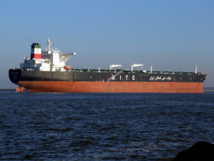Although the US and Eurozone removed the oil and financial sanctions against Iran in January, there are new challenges - now caused by bureaucracy in insurance companies that provide services to tankers carrying Iranian oil.
Insurance companies claim that there is a certain understatement with regard to the US sanctions. To be more specific, despite the fact that Washington has lifted sanctions against Iran, there remain a number of legal obstacles. Insurance companies must confirm that they can cover expenses before they start working with clients.
And here comes the confusion: US sanctions against non-US companies, who now have the right to do business with Iran, were lifted in January. However, sanctions against US companies remain, and US banks are still must not deal with Iran directly or indirectly.
The majority overlooks the fact that the US sanctions were imposed on Iran because of its nuclear program, yet many prefer not to deal with issues such as human rights and terrorism.
As a result, it becomes difficult for insurers to offer their services. This means that use of the US dollar in insurance for supply of Iranian oil would violate the remaining sanctions.
One of the largest oil traders - Vitol – is already buying Iranian oil, a number of European oil companies have rented tankers for Iranian oil, too. Total SA company has signed an agreement with Iran for supply of 160 thousand barrels per day, which will take effect from 16 February. Spanish Compania Espanola de Petroleos ordered a number of freights Iranian oil, Glencore Plc trading house also made a purchase this month, Bloomberg reported.
However, Swiss Lukoil Litasco canceled reservation of Iranian cargo to Italy due to complications with the insurance.
Japan is now a step ahead of other quite promising importers of Iranian oil. In 2012, Japan's parliament approved government guarantees on insurance of Iranian oil cargo, surpassing the European Union sanctions and offering to $ 7.6 billion for every Iranian tanker with crude oil intended for Japan. However, the law is valid until March 31, so it can still return to parliament for re-approval, if West does not deal with the issues by that time.
An international team of protection and indemnity in London, covering about 90% of world tonnage, holds talks with Washington to quickly find a way out of the insurance swamp, according to Wall Street Journal.
Oil companies and traders are lining up to take advantage of the Iranian product, free from sanctions. There are many questions in the sphere of logistics, which is necessary to understand, and it is not going to happen overnight.
However, insurers are working at full capacity to make it out, not least because now, according to representatives of shipping companies, about 8 billion barrels are trying to navigate their way to the European Union.
However, a solution that would not violate the sanctions is still quite fragile.
source: wsj.com
Insurance companies claim that there is a certain understatement with regard to the US sanctions. To be more specific, despite the fact that Washington has lifted sanctions against Iran, there remain a number of legal obstacles. Insurance companies must confirm that they can cover expenses before they start working with clients.
And here comes the confusion: US sanctions against non-US companies, who now have the right to do business with Iran, were lifted in January. However, sanctions against US companies remain, and US banks are still must not deal with Iran directly or indirectly.
The majority overlooks the fact that the US sanctions were imposed on Iran because of its nuclear program, yet many prefer not to deal with issues such as human rights and terrorism.
As a result, it becomes difficult for insurers to offer their services. This means that use of the US dollar in insurance for supply of Iranian oil would violate the remaining sanctions.
One of the largest oil traders - Vitol – is already buying Iranian oil, a number of European oil companies have rented tankers for Iranian oil, too. Total SA company has signed an agreement with Iran for supply of 160 thousand barrels per day, which will take effect from 16 February. Spanish Compania Espanola de Petroleos ordered a number of freights Iranian oil, Glencore Plc trading house also made a purchase this month, Bloomberg reported.
However, Swiss Lukoil Litasco canceled reservation of Iranian cargo to Italy due to complications with the insurance.
Japan is now a step ahead of other quite promising importers of Iranian oil. In 2012, Japan's parliament approved government guarantees on insurance of Iranian oil cargo, surpassing the European Union sanctions and offering to $ 7.6 billion for every Iranian tanker with crude oil intended for Japan. However, the law is valid until March 31, so it can still return to parliament for re-approval, if West does not deal with the issues by that time.
An international team of protection and indemnity in London, covering about 90% of world tonnage, holds talks with Washington to quickly find a way out of the insurance swamp, according to Wall Street Journal.
Oil companies and traders are lining up to take advantage of the Iranian product, free from sanctions. There are many questions in the sphere of logistics, which is necessary to understand, and it is not going to happen overnight.
However, insurers are working at full capacity to make it out, not least because now, according to representatives of shipping companies, about 8 billion barrels are trying to navigate their way to the European Union.
However, a solution that would not violate the sanctions is still quite fragile.
source: wsj.com



















